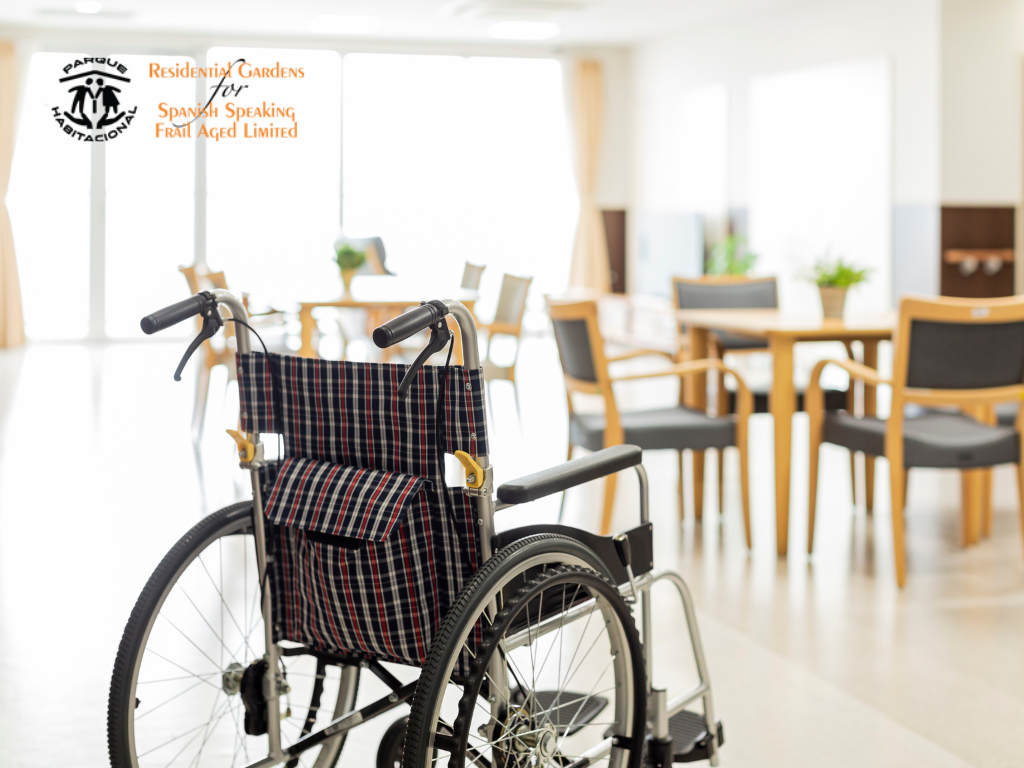Aged care South West is designed to provide comprehensive support and services to elderly individuals who need assistance with daily living activities. The region is home to numerous residential aged care facilities that cater to diverse needs, offering a range of care levels from basic assistance to specialized medical care. These facilities are crucial for ensuring that seniors receive the necessary care, support, and companionship in their later years.
Importance of Choosing the Right Residential Aged Care Facility
Choosing the right residential aged care facility is a significant decision that impacts the quality of life for seniors and provides peace of mind for their families. The right facility should offer not only excellent care but also a comfortable and engaging environment that feels like home. Factors such as the quality of care, amenities, location, and cost play a crucial role in this decision-making process. Ensuring that the chosen facility aligns with the needs and preferences of the elderly person is essential for their well-being and happiness.
Evaluating Location and Accessibility

Proximity to Family and Friends
The location of the residential aged care facility is crucial for maintaining strong family connections and ensuring that loved ones can visit frequently. Proximity to family and friends can greatly enhance the emotional well-being of residents. When evaluating location, consider:
- Travel Time: How long it takes for family members to travel to the facility.
- Visiting Hours: The flexibility and convenience of the facility’s visiting hours.
Access to Medical Services and Transportation
Easy access to medical services and transportation options is essential for residents’ health and convenience. When assessing a facility’s location, consider:
- Nearby Medical Facilities: Proximity to hospitals, specialist clinics, and emergency services.
- Transportation Services: Availability of transportation services for medical appointments, shopping trips, and social outings. Check if the facility provides its own transport or if public transportation options are easily accessible.
Understanding Costs and Funding Options
Cost Structure of Residential Aged Care Facilities
The cost of residential aged care varies depending on the level of care, amenities, and location. Understanding the cost structure is crucial for financial planning. When comparing costs, consider:
- Accommodation Fees: Charges for the room and living space, which may vary based on room type and amenities.
- Care Fees: Costs associated with daily care services, including personal care, nursing care, and specialized health services.
- Additional Fees: Potential extra costs for services such as laundry, meals, and recreational activities.
Available Funding and Subsidies in Aged Care South West
Various funding options and subsidies are available to help cover the costs of aged care in the South West region. Understanding these options can significantly ease the financial burden. Key points include:
- Government Subsidies: Many residential aged care facilities are subsidized by the government, reducing out-of-pocket expenses for eligible residents.
- Means-Tested Care Fee: Some residents may need to pay an additional fee based on their income and assets.
- Private Funding: Options for those who do not qualify for subsidies or choose private facilities, including long-term care insurance and personal savings.
Exploring Specialized Care Services

Dementia and Alzheimer’s Care Programs
Specialized care programs for dementia and Alzheimer’s are essential components of many residential aged care facilities. These programs are designed to cater to the unique needs of residents with cognitive impairments, ensuring they receive the appropriate level of care and support. Key features of these programs include:
- Personalized Care Plans: Each resident receives a tailored care plan that addresses their specific needs and stages of dementia or Alzheimer’s. This plan is regularly reviewed and updated to ensure it remains relevant.
- Specialized Staff Training: Staff members are trained to understand and manage the challenges associated with dementia and Alzheimer’s. This includes communication techniques, behavior management, and creating a safe environment.
- Therapeutic Activities: Activities are designed to stimulate cognitive function and maintain quality of life. These may include memory games, music therapy, and art sessions, all aimed at enhancing the well-being of residents.
Palliative and End-of-Life Care
Palliative and end-of-life care are critical services provided by residential aged care facilities, focusing on comfort, dignity, and quality of life for residents with serious illnesses. These services encompass:
- Comprehensive Pain Management: Effective pain relief and symptom management are prioritized to ensure residents remain as comfortable as possible.
- Emotional and Spiritual Support: Facilities often provide counseling and support for both residents and their families, helping them cope with the emotional and spiritual aspects of end-of-life care.
- Coordination with Healthcare Providers: A multidisciplinary approach ensures that all aspects of a resident’s care are managed effectively, involving doctors, nurses, and specialists.
Community and Social Engagement Opportunities
Activities and Programs for Residents
Engaging activities and social programs are vital for the mental and emotional well-being of residents in aged care facilities. These activities foster a sense of community and keep residents active and involved. Examples include:
- Recreational Activities: Games, crafts, exercise classes, and outings are organized to keep residents physically active and mentally stimulated.
- Social Events: Regular events such as movie nights, themed parties, and holiday celebrations help build a vibrant community atmosphere.
- Educational Programs: Workshops, guest speakers, and learning sessions provide residents with opportunities for personal growth and intellectual stimulation.
Importance of Community Involvement in Residential Aged Care
Community involvement plays a crucial role in the overall experience of residents in aged care facilities. It helps maintain connections with the broader community and provides residents with a sense of belonging. Key aspects include:
- Volunteer Programs: Volunteers from the local community can offer companionship, assist with activities, and provide additional support to residents.
- Family Involvement: Encouraging families to participate in events and activities helps strengthen family bonds and supports residents emotionally.
- Partnerships with Local Organizations: Collaborations with local schools, clubs, and organizations can bring diverse programs and interactions into the facility, enriching the residents’ lives.
Visiting Residential Aged Care Facilities

What to Look for During a Visit
Visiting potential residential aged care facilities is a crucial step in the decision-making process. During your visit, pay attention to the following aspects:
- Cleanliness and Maintenance: Ensure the facility is clean, well-maintained, and free from unpleasant odors.
- Staff Interactions: Observe how staff interact with residents. Look for signs of respect, kindness, and attentiveness.
- Resident Engagement: Notice whether residents appear happy, engaged, and well-cared for. Check if they are participating in activities and socializing.
Questions to Ask Staff and Administrators
Asking the right questions during your visit can provide deeper insights into the facility’s operations and care quality. Consider asking:
- Staff Qualifications and Training: Inquire about the qualifications of the staff and the training they receive, especially in specialized care areas.
- Care Plans and Services: Ask how care plans are developed and reviewed. Find out about the range of services and activities offered.
- Safety and Security Measures: Learn about the safety protocols in place, such as emergency response systems, security features, and health monitoring.
Making the Final Decision
Weighing Pros and Cons of Different Facilities
After visiting various facilities and gathering information, it’s important to weigh the pros and cons of each option. Consider factors such as:
- Quality of Care: Evaluate the level of care and specialized services offered.
- Location and Accessibility: Consider the convenience of the facility’s location for family visits and access to medical services.
- Cost and Funding: Compare the costs and available funding options for each facility.
Involving Family and Loved Ones in the Decision
Involving family members and loved ones in the decision-making process ensures that all perspectives are considered and the best choice is made. Steps include:
- Family Meetings: Hold discussions with family members to review the information gathered and share impressions from visits.
- Consensus Building: Work towards a consensus, ensuring everyone agrees on the best option based on the resident’s needs and preferences.
- Support Systems: Ensure that the chosen facility supports family involvement and provides clear communication channels for ongoing updates and engagement.
Conclusion

Summary of Key Points for Comparing Residential Aged Care Facilities
Comparing residential aged care facilities involves assessing various factors such as quality of care, amenities, location, costs, reputation, specialized services, and community engagement opportunities. Visiting facilities and asking pertinent questions are essential steps in making an informed decision.
Encouragement to Take the Next Steps in Choosing the Right Facility
Choosing the right residential aged care facility is a significant decision that requires careful consideration and thorough research. By following the outlined steps and involving family members, you can make a well-informed choice that ensures the best care and quality of life for your loved one. Take the next steps today to find the perfect facility that meets your needs and provides peace of mind.



